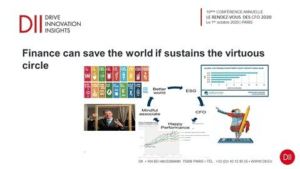How much money it takes to be happy, according to science

Maybe money can buy happiness.
The average amount of annual income needed for a person to be generally satisfied with his or her life is $95,000, according to a recent analysis conducted by researchers at Perdue University. And it only takes $60,000 to $75,000 to attain emotional well-being.
“That might be surprising as what we see on TV and what advertisers tell us we need would indicate that there is no ceiling when it comes to how much money is needed for happiness,” the study’s co-author Andrew Jebb told the Perdue University News. “But we now see there are some thresholds.”
The research team examined data collected from the Gallup World Poll of over 1.7 million people from 164 countries. The poll asked questions about life, satisfaction and well-being — what’s referred to as “subjective well-being” — and found that the dollar amount necessary to achieve “income satiation” was about $95,000 on average.
Smartphone app might save you money, make car alerts irrelevant
“This amount is for individuals and would likely be higher for families,” Jebb said.
But the numbers varied with each country’s relative wealth. The study, published in Nature Human Behavior, found that $125,000 is needed to attain life satisfaction in Australia but only $35,000 is necessary in Latin America. About $105,000 met the mark in North America, $100,000 in Europe, $70,000 in Southeast Asia and $45,000 in Eastern Europe.
The study also found that people might want to consider freezing their earning level once they reach these salaries because the data showed that with greater wealth came reduced subjective well-being. They speculated that it wasn’t necessarily a higher wage that led to lower life satisfaction, but the greater demands often associated with making more money.
“High incomes are usually accompanied by high demands (time, workload, responsibility, and so on),” the researchers wrote, “that might also limit opportunities for positive experiences (for example, leisure activities).”





